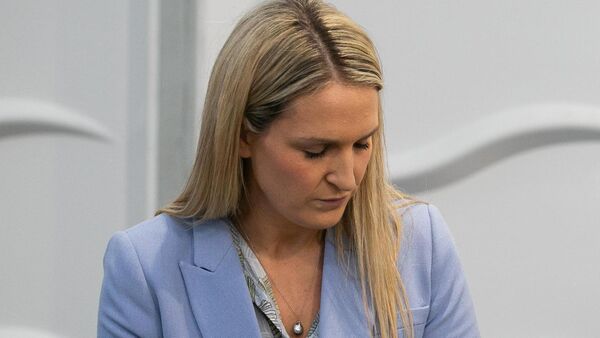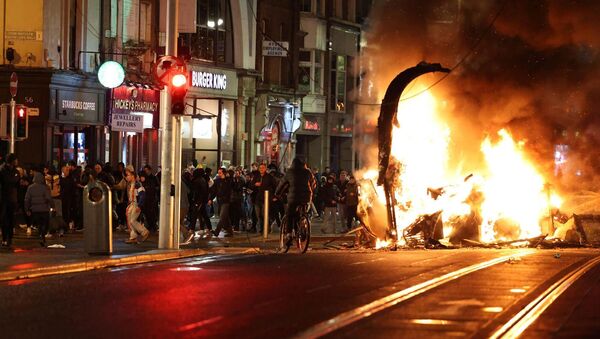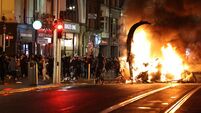Sarah Harte: Our anti-racism plan must not be destined for the proverbial dusty shelf

Paul Lynch's book Prophet Song has been described as “timely” and “urgent” given the complacency in Western societies about the swing to the right.
Paul Lynch has just won the Booker Prize for his novel, which depicts a totalitarian Ireland.


Some of our children are doing that now because they will never own their own home, or even be able to rent one. So, they have gone elsewhere to forge a life, and hopefully, they will be accepted and welcomed unlike some of their antecedents who were treated like dogs.







